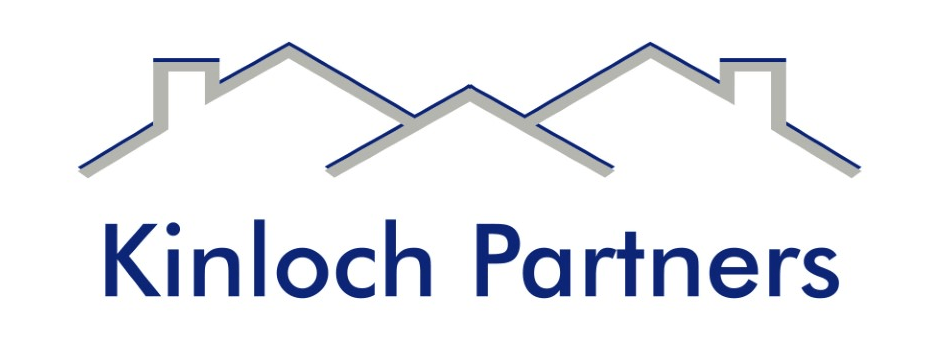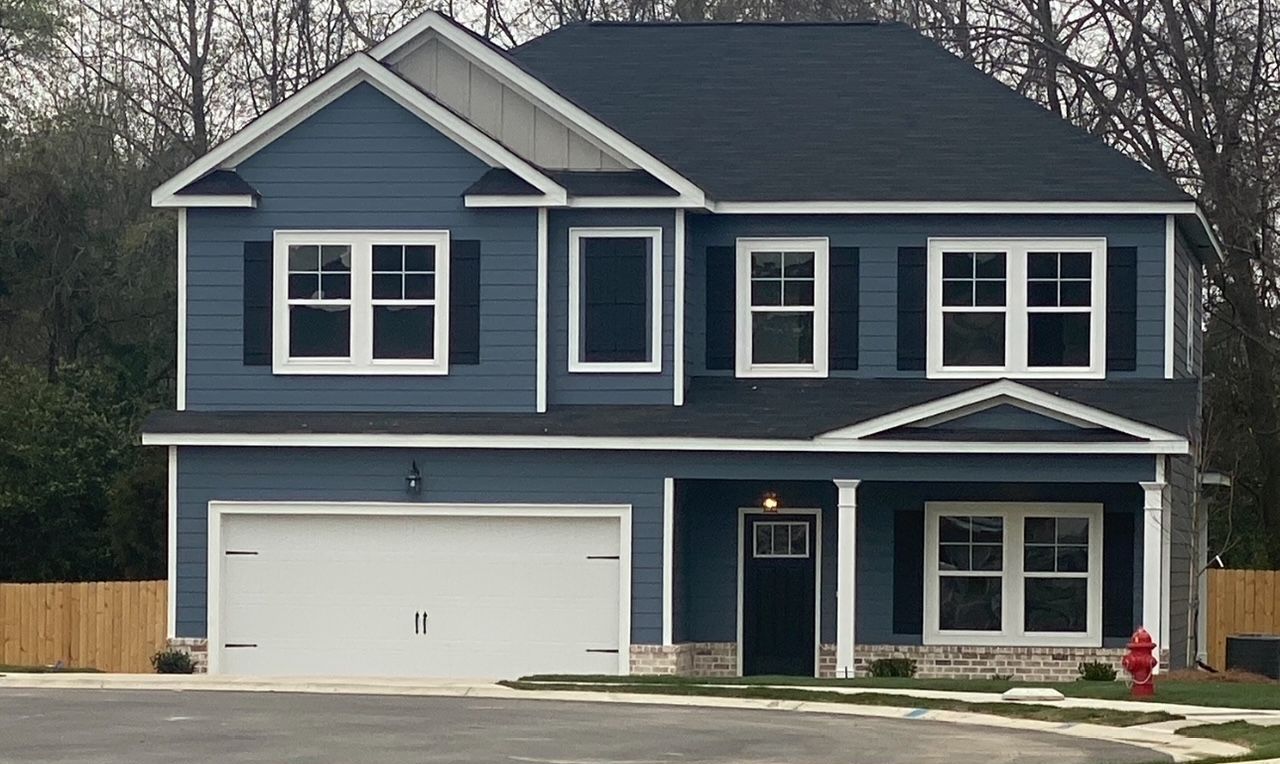How ‘build to rent’ movement could boost the mortgage markets
Byline: Felipe Ossa
The ranks of renters have swollen since the financial crisis, but there are few foreclosed homes left to pick up on the cheap and rent out. So some of the biggest landlords are buying, or building, new single-family homes to pad their portfolios.
While the initial yields for new construction tend to be lower, these firms have access to cheaper capital than they did when they started out a few years ago; some have raised equity or obtained financing from government-sponsored enterprises. Consolidation has also created experienced property managers with huge economies of scale, another factor making new build more economical.
Though it will be a while before these new homes show up as collateral for asset-backed issuances, their low maintenance costs and the higher-quality tenants that they attract should tend to reduce the overall risk in the pools.
Strategies vary among institutional landlords. Those hunting yields have kept their focus on older homes with, on average, lower-income tenants. But others have targeted relatively new homes. These include Progress Residential, Tricon American Homes, Invitation Homes, and American Homes 4 Rent. And more recently, players have been moving into new build, with American Homes 4 Rent the most vocal about this shift.
“You’re starting to see build-to-rent because they’re able to do it at a price that makes sense to rent it out, which had not been the case before,” said Beth O’Brien, the CEO of Corevest Finance, a shop that provides mortgages to small but professional landlords who generally manage 50 to a few hundred homes. Institutional investors “tend not to be building it themselves but buying from people selling small pools and aggregating them,” O’Brien said.
Bruce McNeilage is one of those people. He’s the CEO of Kinloch Partners, a Southeast-focused real estate firm that buys single-family homes and has a building unit as well.
“Of the top 10 institutional investors, we’ve sold to a number of them,” McNeilage said. The company is most active in the metropolitan areas of Nashville and Atlanta but also has been ramping up its business in the corridor in South Carolina from Greenville to Spartanburg.
High-caliber product
While declining to give names, McNeilage said growing appetite from the large players in the market will help double Kinloch’s revenue this year. “Not only are we selling more; these investors are saying, ‘Hey, when you have the next 50 houses, call us.’ We, in essence, have outstanding orders from three or four of the large companies. Literally, as many houses that we can get them, they’ll buy.”
Dennis Cisterna, CEO of Investability Solutions, a business unit of Altisource Portfolio Solutions — which provides a variety of services to the single-family rental sector — said the firm…








